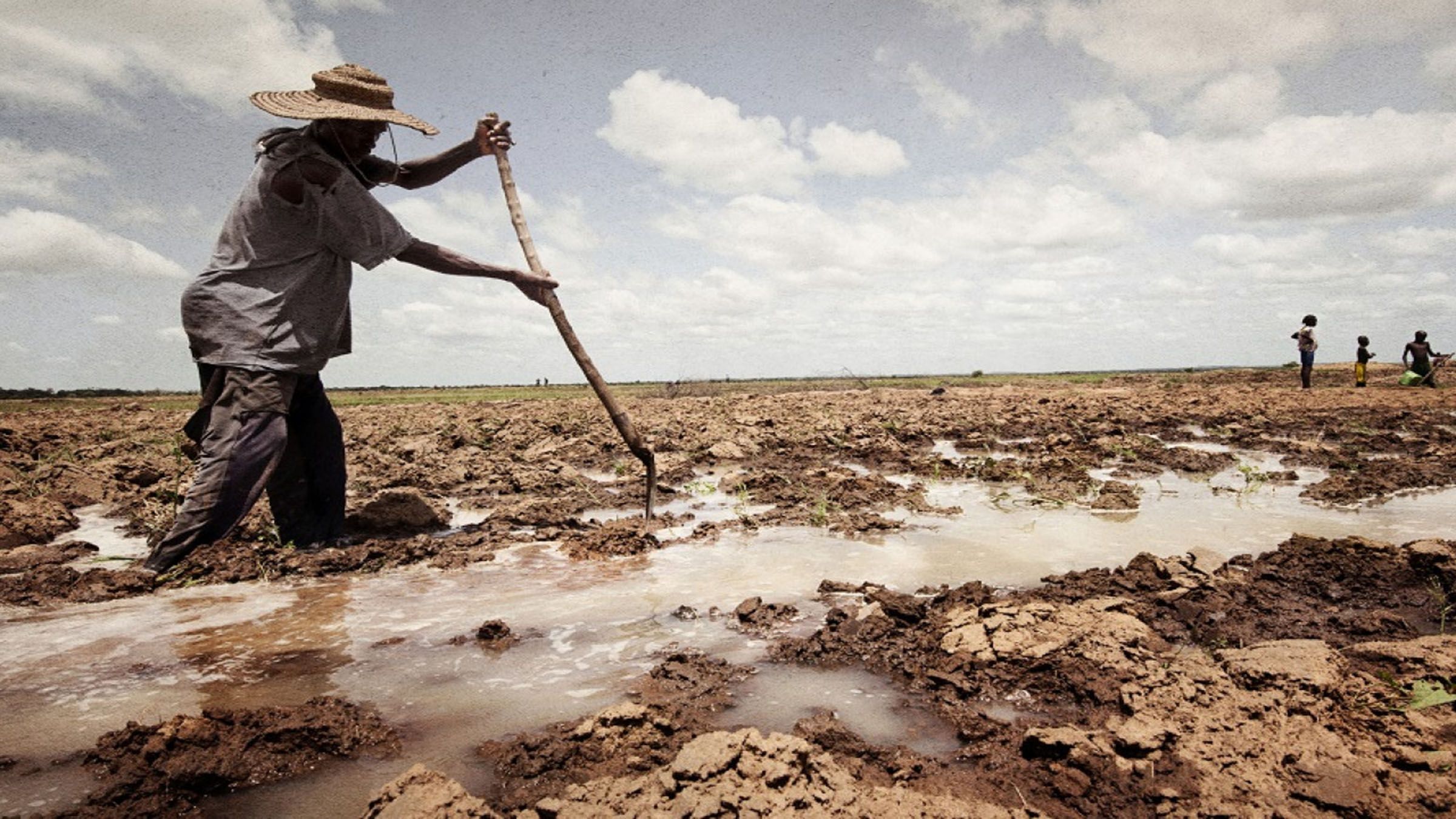The South East Asian Central Banks discussed policies related to finances and climate change to mitigate macroeconomic and climate risks.
The South East Asian Central Banks (SEACEN) held its 42nd meeting of its Board of Governors (BOG) tackling the current policy challenges and even climate change.
Despite the continuous recovery from the Covid-19 pandemic, central banks were met with challenges like global financial tightening, expected slowdown of external demand, bouts of higher inflation, concerted interest rate hike by systemically important countries, rising elevated and food prices, high levels of non-financial corporate debt, strained public budgets, higher borrowing costs, and structural issues.
Governors and Managing Directors, and delegates from SEACEN member central banks and monetary authorities, acknowledged the pandemic's significant economic and financial impact and their long-term consequences. Governors reaffirmed their commitment to continue supporting the economic recovery by leveraging the SEACEN community to improve their respective policy responses on macro, fiscal, financial, and structural fronts.
Climate change
Climate change can significantly affect the prices of assets as it reduces future cash flows and makes them more volatile. Climate risks impact the value of assets used as collateral for loans, and thus the potential losses that lenders face if borrowers fail to make payments.
Climate change will need to be considered for the design and operation of monetary policies because it influences key economic variables such as output and inflation.
With this, SEACEN members’ economies will require significant climate financing in the coming years to help their economies transition and manage the physical risks posed by climate change. It is difficult to develop appropriate climate policies to complement a central bank's monetary and financial stability policy goals.
The discussion by speakers, panelists, and SEACEN Governors discussed the macroeconomic effects of climate change such as economic losses due to extreme weather. Because the Philippines is prone to tropical storms, they affect the country more severely than others.
The discussions focused on assessing and monitoring the various potential impacts of climate change, as well as developing appropriate tools, approaches, and policies for central banks to mitigate macroeconomic and climate risks, as well as the need for regulators to provide supervisory guidance to financial institutions to mainstream credible transition plans.
Attention focused on the following:
· Scaling up public-private partnerships in climate financing.
· Addressing data gaps.
· Ensuring comparability and interoperability of taxonomies.
· Overcoming analytical challenges.
· Dealing with new dimensions of uncertainty.
· Identifying financial stability risks.
· Ensuring disclosures are consistent, comparable, and reliable.
During the meeting, Governors also approved the 2023 SEACEN financial budget and training and research programs and other activities for 2023, two new Strategic Partners, and the results of the organization’s scorecard.
At the end of the meeting, members thanked the outgoing Chairman, Nguyen Thi Hong, Governor of the State Bank of Vietnam, for her strong leadership of SEACEN in 2022. The Governors also welcomed Chea Chanto as the new Chair of the SEACEN BOG and thanked the National Bank of Cambodia (NBC) for hosting this year's SEACEN BOG meeting in such excellent conditions.
Furthermore, the Governors welcomed the Reserve Bank of India's offer to host the 59th SEACEN Governors' Conference/High-Level Seminar and the 43rd Meeting of the SEACEN Board of Governors in 2023.
Tags: #Climate, #SEACEN, #Finances
